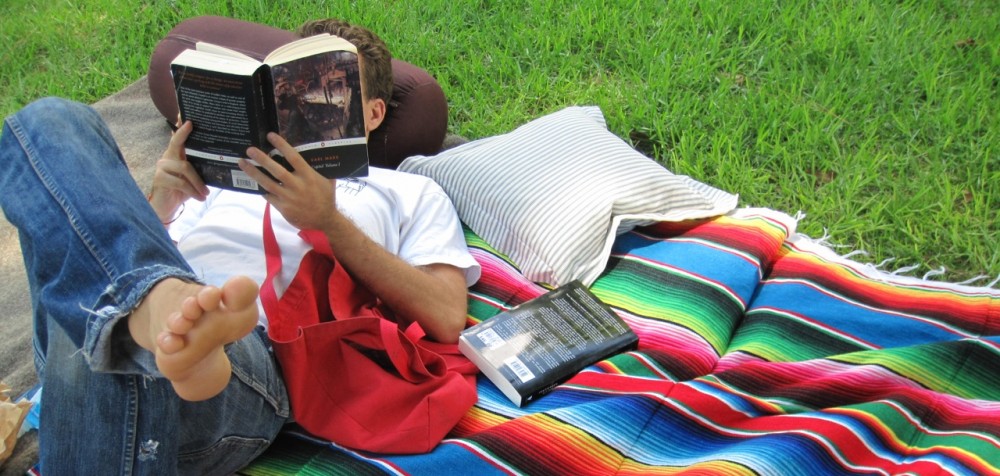Iveta Silova and I co-wrote a paper in 2009 that has just been published online in a special issue of Globalisation, Education and Societies. The article is entitled “From myths to models: the (re)production of world culture in comparative education.” The first 50 downloads are free and can be accessed here. This is the abstract of the paper:
This article traces the emergence of the world culture theory in comparative education using critical discourse analysis. By chronicling the emergence and expansion of world culture theory over the past four decades, we highlight the (unintended) limitations and exclusive regimes of thought that have resulted. We argue that the theory’s telos of a ‘world culture’ neglects the notions of power and agency, and continues to use discourses of modernism and ‘scientific’ methodology to justify conformity as the reigning global ‘norm’. The world culture theory ultimately results in an unwitting legitimisation of neoliberal policies and its varied educational projects. Drawing on the micro-, meso- and macro-levels of discourse analysis, we examine how the semantics and content of the world culture theory have evolved as it embraced an increasingly large and diverse community of scholars aligned with it. By highlighting some significant semantic shifts during the last four decades, we explore how the world culture theorists forged a relatively new (privileged) space in comparative education – a space that has increasingly turned deterministic and normative. Through a careful deconstruction of some of the basic assumptions of world culture theory, we call for reopening of an intellectual space for new ways of thinking about educational phenomena in the context of globalisation.
